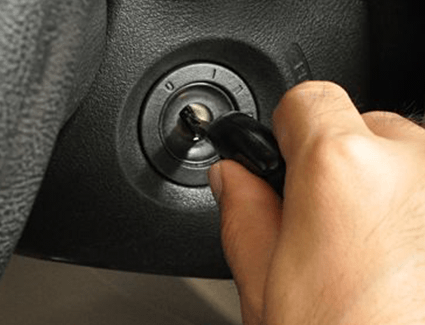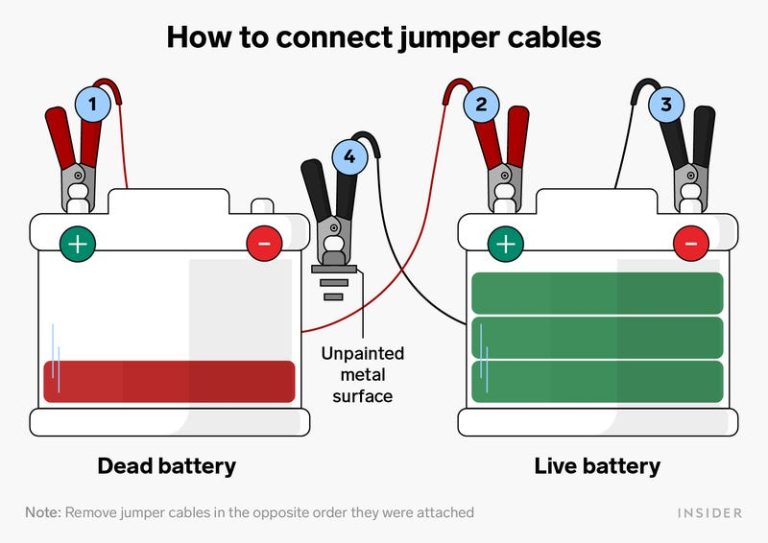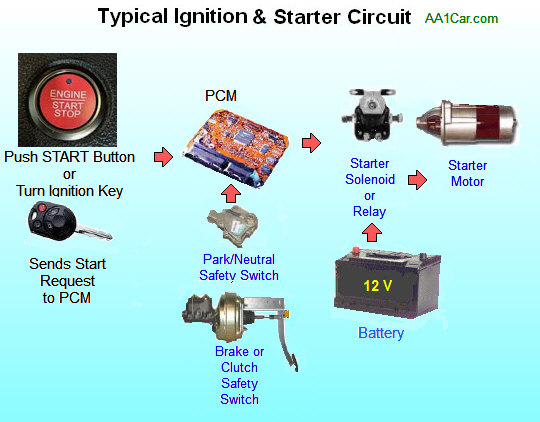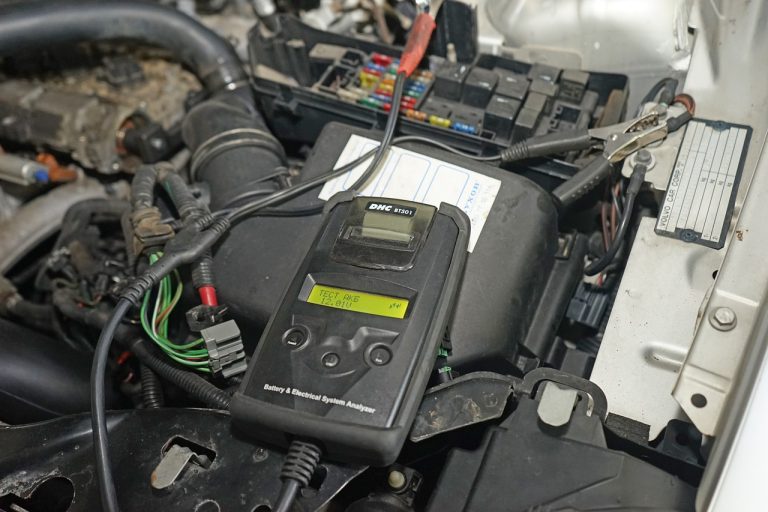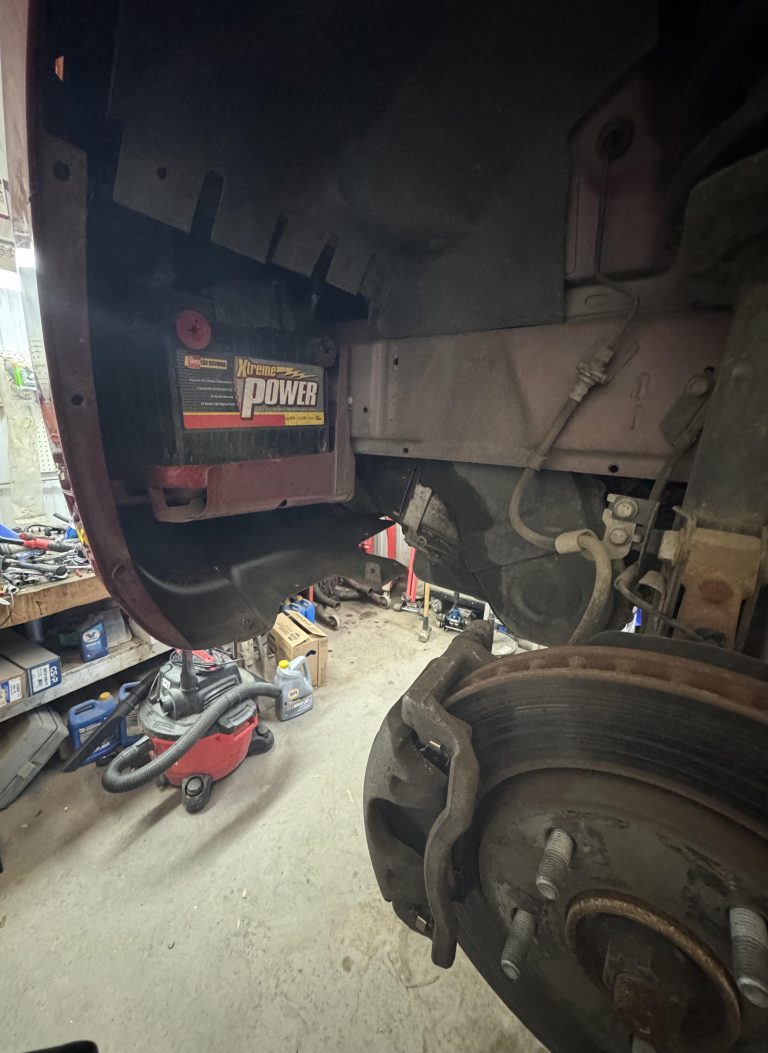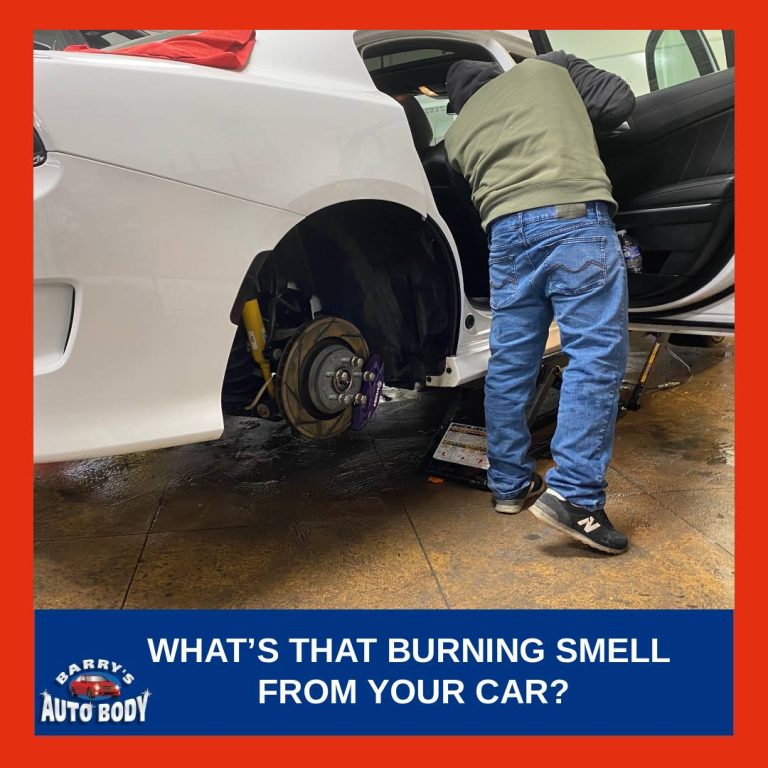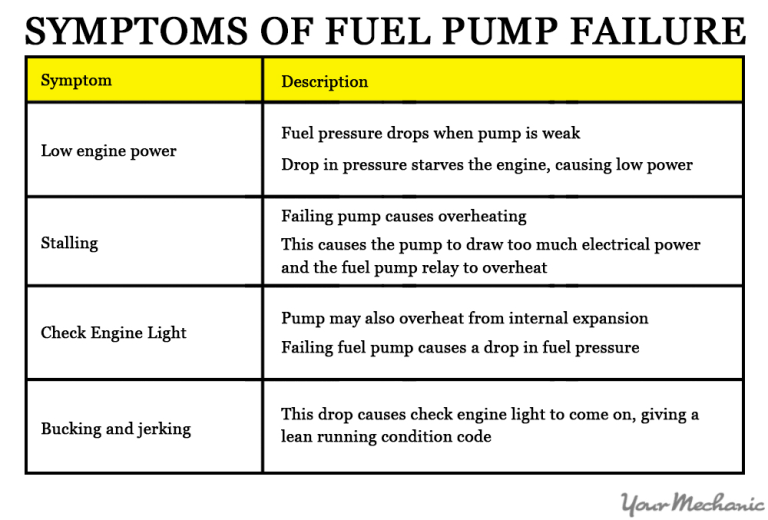Car Struggles to Start After Sitting: Quick Fixes
Car struggles to start after sitting, A car that struggles to start after sitting may have a weak battery, fuel system issues, or a failing starter. Cold weather, corroded terminals, or fuel evaporation can worsen the problem. Checking the battery charge, fuel pressure, and ignition system is key to diagnosing the cause accurately.
This common issue can leave you feeling stranded and stressed, especially when you’re in a rush or have important places to be. Picture this: you hop into your car, ready to hit the road, but instead of the comforting roar of the engine, you’re met with silence or the dreaded chugging noise.
It’s enough to make anyone’s heart sink. But don’t worry, understanding why this happens can help you take the right steps to prevent it. Whether it’s a problem with your battery, fuel system, or something else entirely, we’ll guide you through the possible reasons and solutions. By the end of this article, you’ll feel more confident about handling these situations and might even save yourself a trip to the mechanic. So, buckle up and let’s dive into what could be causing your car to struggle to start after sitting idle. Your peace of mind is just a few paragraphs away!

Credit: www.capitol-chevy.com
Car Struggles to Start After Sitting
Common Causes
Battery issues are often the culprit for cars struggling to start after sitting idle. Fuel system problems can also arise, preventing the engine from starting smoothly. Additionally, corroded or loose connections might disrupt the electrical flow, making ignition difficult.
When your car struggles to start after sitting for a while, it’s more than just an inconvenience; it can disrupt your day. Understanding the common causes can help you tackle the problem efficiently. Every driver has been there, staring at the dashboard, hoping the engine will roar to life. Knowing what might be wrong can save you time and stress, and perhaps prevent a full breakdown.
Read More: Car Struggles to Start But Battery is Fine: Hidden Culprits
Battery Drain
A drained battery is often the culprit when your car won’t start. Batteries can lose charge over time, especially if you leave headlights or interior lights on. Cold weather can also weaken a battery, making it less efficient. Check the battery terminals for corrosion, which can hinder the electrical connection. If you find white, powdery residue, a simple clean-up might solve the issue.
Fuel System Issues
Fuel system problems can prevent your car from starting smoothly. If your car has been sitting idle, the fuel might not reach the engine properly due to clogged fuel filters. Regular maintenance can avoid these blockages. Ensure your fuel tank isn’t empty or near empty, as this can cause the pump to draw in air instead of fuel, leading to starting troubles.
Ignition Switch Problems
Sometimes, the ignition switch itself can be the problem. If the switch is worn out or faulty, it might not send the necessary signals to start the engine. Listen for clicking noises when you turn the key; this might indicate an ignition switch issue. Replacing a faulty switch can resolve the problem and restore your car’s reliability.
Starter Motor Malfunction
The starter motor plays a critical role in getting your engine running. If your car makes a grinding noise or clicks repeatedly when you try to start it, the starter motor might be failing. A weak starter motor can struggle to turn the engine, especially after periods of inactivity. Regular checks can ensure your starter motor is in good condition, reducing starting issues.
Temperature Effects
Temperature can affect your car’s ability to start. In cold weather, your engine oil thickens, making it harder for the engine to turn over. In contrast, extreme heat can cause vapor lock, preventing fuel from reaching the engine. Consider how seasonal changes impact your car’s performance and plan maintenance accordingly.
Understanding these common causes can empower you to take action. What steps can you take today to ensure your car starts smoothly tomorrow?
Simple Diagnostic Steps
Experiencing a car that struggles to start after sitting idle can be frustrating. Check the battery for sufficient charge. Inspect the fuel system and spark plugs for possible issues. These simple diagnostic steps can help identify the problem and get your car running smoothly again.
Car struggles to start after sitting idle can be frustrating, especially when you’re in a hurry. But before you panic or call a mechanic, there are simple diagnostic steps you can take to potentially identify and solve the issue. By understanding these steps, you can save time and possibly avoid unnecessary repair costs.
Check The Battery
First, inspect the battery. A dead or weak battery is a common reason for starting issues. Look for signs of corrosion on the terminals.
Try turning on your headlights. If they are dim, your battery might be the culprit. If you have a voltmeter, check the voltage; a healthy battery should read around 12.6 volts.
Inspect The Fuel Level
It might sound obvious, but sometimes the fuel gauge can be misleading. Make sure there is enough fuel in the tank.
A friend once spent hours trying to jump-start his car, only to realize it was simply out of gas. Double-checking can save you from similar embarrassment.
Listen For The Starter Motor
When you turn the key, listen for a clicking sound. If you hear clicks, your starter motor might be stuck.
Gently tapping it with a wrench can sometimes free it up. This trick has helped many drivers, including myself, get back on the road.
Examine The Spark Plugs
Old or dirty spark plugs can prevent your car from starting. Pull one out to inspect it. If it looks worn or covered in grime, it might need replacing.
Replacing spark plugs is a simple task that can make a significant difference in engine performance.
Check The Fuses
A blown fuse can disrupt your car’s electrical system. Locate the fuse box and check for any blown fuses.
Replace any damaged ones with a new fuse of the same rating. It’s a quick fix that could solve your starting problem.
Consider The Weather
Extreme temperatures can affect your car’s ability to start. Cold weather can thicken oil, making it harder for the engine to turn over. Hot weather can evaporate fuel, causing vapor lock.
Think about the last time you experienced a weather-related car issue. Preparing for the elements with appropriate oil and maintenance can make a big difference.
Taking these steps can help you diagnose and possibly fix the starting issue yourself. Each step is simple and requires minimal tools. Next time your car struggles to start after sitting, remember these steps and tackle the problem with confidence.
Read More: Car Won’t Start Wait 10 Minutes And It Starts: Quick Fix!
Quick Fix Solutions
Car struggles to start after sitting can be frustrating. Check the battery for power loss or corrosion. Inspect fuel and ignition systems to ensure they function properly.
Car troubles are never pleasant, especially when you’re in a hurry and your vehicle refuses to start after sitting idle. Whether you’ve been away on vacation or simply haven’t used your car for a few days, this situation can be frustrating. But don’t worry—there are quick solutions you can try before calling a mechanic. Let’s explore some effective steps to get your engine revving again.
Check The Battery Connections
Start by inspecting your battery terminals. Loose or corroded connections might be the culprits. Tighten the cables with a wrench and ensure they’re snug. If there’s visible corrosion, a simple solution is to clean it with a mixture of baking soda and water.
Boost The Battery
A weak battery might just need a jump-start. Use jumper cables and connect them to another car’s battery. Ensure the vehicles are turned off before you begin. After connecting, start the functioning car, then try starting your car.
Inspect The Fuel Level
Sometimes, the simplest solutions are the most overlooked. Is there enough fuel in the tank? Fuel gauges can sometimes be faulty, leaving you with an empty tank when you thought it was half-full. Add a gallon or two to see if that solves the issue.
Examine The Spark Plugs
Spark plugs ignite the fuel-air mixture in your engine. If they’re dirty or worn out, your car won’t start. Remove and inspect them for damage or grime. If they look bad, replacing them is a straightforward task you can do yourself.
Test The Starter
A malfunctioning starter can mimic battery issues. Turn on the headlights and try to start your car. If the lights dim, the starter might be the issue. Tapping it gently with a wrench can sometimes get it going, but this is a temporary fix.
Listen For Unusual Noises
Pay attention to any strange sounds when you turn the key. Clicking noises can indicate battery problems, while a whining sound might point to the starter. Identifying these sounds can help you decide which quick fix to try first.
By addressing these areas, you can often get your car started without professional help. Have you faced a similar situation before? What quick fixes worked for you? Let us know in the comments!

Credit: www.reddit.com

Credit: www.reddit.com
Frequently Asked Questions
Why Does My Car Struggle To Start After Sitting?
Batteries lose charge when not used for long periods. Cold weather can also thicken oil, making it harder to start.
How Can I Prevent Starting Issues After My Car Sits?
Drive your car regularly to maintain battery charge. Consider a trickle charger for extended periods of inactivity.
Is My Fuel System Causing Starting Problems?
Yes, fuel can evaporate or leak over time, leading to starting difficulties. Check for leaks or clogged filters.
Conclusion
A car that struggles to start can be frustrating. It often signals deeper issues. Regular maintenance is vital. Check your battery, fuel system, and ignition components. These are common problem areas. Simple fixes can often solve starting issues. But sometimes, you might need professional help.
Don’t ignore warning signs. Addressing problems early can save money. And prevent future headaches. Keep a regular check-up schedule. This ensures your car runs smoothly. And starts without a hitch. Remember, a little care goes a long way. Your car’s health depends on it.
Stay proactive, and enjoy a reliable ride.

